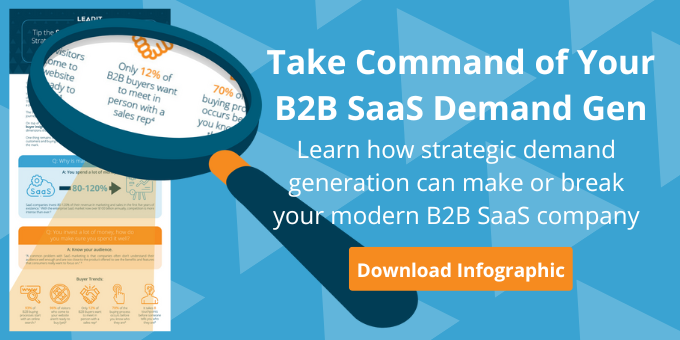How to Build a Successful Channel Partner Program
The term ‘channel partner program’ is often met with confusion or misunderstanding. What does that really mean and how does an organization create a channel partner program that really works?
A channel partner program is a business strategy that vendors use to encourage value-added resellers, managed service providers, consultants, system integrators, equipment manufacturers, or independent vendors to recommend and sell the company’s products and associated services to their own networks. Essentially, it’s a clever way of extending a company’s sales and marketing reach to new audiences through other ancillary service partners.
Here are some recommended best practices on how to effectively create, market and leverage a channel partner program:
Analysis and Planning
Conduct market and competitive research to determine the best products and services that align with your organization’s current offerings. When considering potential candidates, be cognizant not to overshadow or directly compete with your own core products and services.
Channel partners are often easily discovered from within your current stable of support vendors or service providers. In addition, with these channel partners the relationship is already established, simplifying the logistics in managing communication and roll out campaigns.
Structure and Operation
Determine how the channel partner relationship will operate and be managed between your organization and channel partners. Will there be a lead exchange of some kind or a revenue share or commission structure for referral business? This and other specifics must be defined before any channel partners can be approached to participate.
Awareness and Promotion
Strategies for building awareness of the program need to be developed. This can be done in a variety of ways including local networking, company events, conferences, direct mail collateral, phone or in-person follow-ups, email marketing, partner website portals, and hosting webinars. Other ideas include weekly blogging on topics important to potential channel partners, social media, webcast videos, eBooks, or surveys to identify potentially interested partners.
Positioning your message is critical. Communicate the host company’s intentions as a strategic mutually beneficial partnership and lay out the groundwork for their success by supporting the program internally. Add additional value to the channel partner program by having a referral program that supports client referrals by requesting references, testimonials, or online reviews. Reward participation with gifts and thank you’s shared across your social network, blog, email newsletters, and other public outlets.
Measurement and Evaluation
Measure your partner program’s success against the initial benchmark goals defined in the planning phase. These metrics may include a number of successful co-marketing initiatives launched or completed, the number of leads generated, or sales closed from the channel partner program. This data can prove the value of the program and guide future growth and improvements of the initiative.
Channel partner programs are a valuable, strategic way to expand a company’s marketing and sales reach new potential customers. When properly created and nurtured, they can increase inbound lead flow for years to come.










